15 Vegetarian Protein Sources You Should Never Miss

The vegan & vegetarian lifestyle is becoming chart-topping these days. However, there are several reasons for this rise in trend. Be it a way of living a healthy lifestyle or an act against animal cruelty, people's preferences are shifting towards vegetarian protein sources over non-vegetarian ones.
People often think that protein comes from foods like a juicy steak or a plate of boiled eggs. However, you need to understand that there are several protein sources other than animal-based food sources.
This article offers several considerations, such as the need for protein, the importance of plant-based protein, daily average quantity, benefits, and the best sources of non-meat protein.
What is Protein & It's Need?
The 17% of human body weight, including muscles, skin, heart, brain, eyes, hair, and nails, is protein. Protein is also imperative for the immune system by acting as a fundamental building block. Moreover, it helps maintain the blood sugar level and strengthens the body.
According to research, twenty amino acids are required to form proteins in the human body. The human body cannot produce nine amino acids naturally out of twenty, which increases the necessity & dependency on dietary sources.
Protein is an excellent source of multiple minerals & vitamins, including zinc and vitamin B. Therefore, vegetarian or plant-based protein is an excellent source for well-being and to achieve your ideal nutrition goal.
How Much Plant-Based Protein Is Required?
The World Health Organization has recommended a daily intake of 0.66 grams of protein per kilogram of body weight. On the other hand, the U.S. government has suggested 0.8 grams of protein per kilogram of body weight. So, on average, a man can consume at least 56 grams of protein, and a woman can consume 46 grams of protein per day.
However, it's not necessary to monitor the daily protein consumption. But it's crucial to pay attention to the body signals. Fatigue, weakness, and feeling starving even after a meal are common signs of insufficient protein.
15 Best Vegetarian Protein Sources for Your Daily Diet
Here is a list of top non-meat protein sources you can add to your daily diet plan:
Soy Beans

Soybeans are considered an ultimate source of high-protein vegan meals for the human body. You can add soybeans to any salad or curry recipe, and it is a great snack. There are many products from which soy beans are derived, such as soybeans, tofu, edamame beans, and tempeh.
Serving – 100 g
Protein – 36 g
Indian Paneer – Best Vegetarian Protein Source
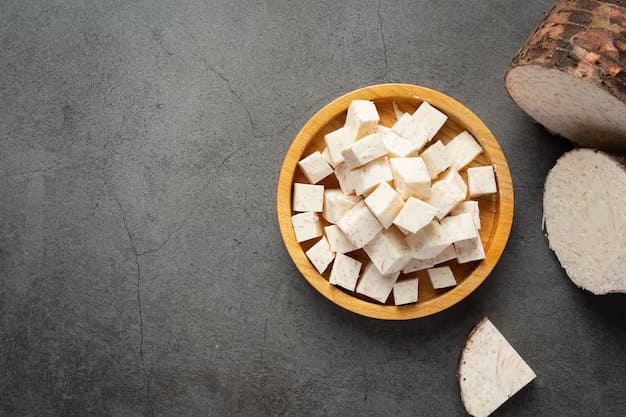
Paneer is an all-time favorite for those looking for a high source of protein in a vegetarian diet. It provides a lot of energy to the body and is one of the best alternatives to eggs. Eating paneer/cheese help build muscles, strengthen bones & teeth, manage blood sugar level, and boost the immune system. You can eat paneer in a salad, raw, or sandwich.
Serving – 100 g
Protein – 19 g
Chia Seeds
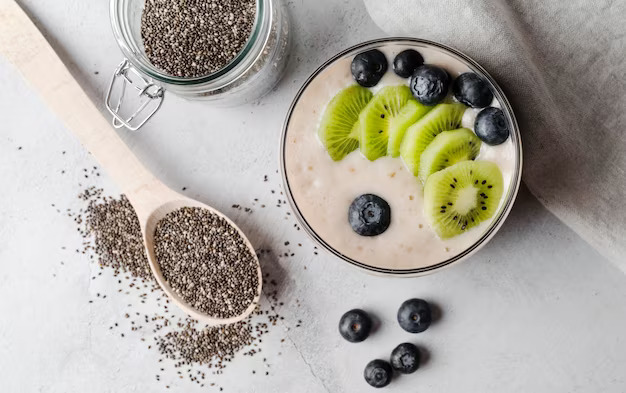
The next on our list of vegetarian protein diet plans is chia seeds. It has grown in popularity due to its high omega-3 content, higher than other plant-based protein sources. With dozens of chia seeds benefits, this superfood is a pack of nutrients such as iron, calcium, zinc, and other antioxidants.
Serving – 100 g
Protein – 16.5 g
Quinoa

Quinoa is a healthy vegan protein source of several nutrients, including folate, magnesium, iron, and zinc. You can eat it with salads, casseroles, and even a bowl of breakfast recipe. Quinoa is also considered a healthy diet for menopause in women. If you are experiencing stomach ache, vomiting, or itchiness after eating quinoa, you must avoid it.
However, you can use our Biocare menopause multinutrient capsules after consulting a professional.
Serving – 100 g
Protein – 14 g
Beans
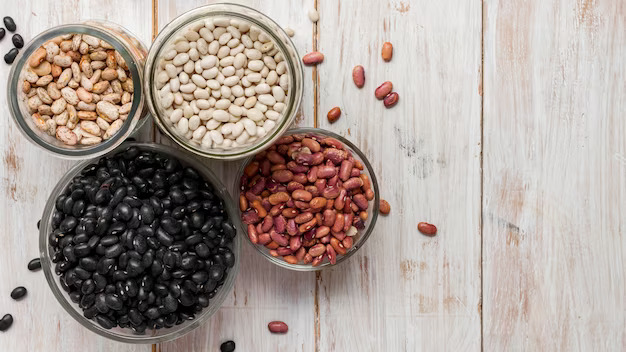
From black to pinto beans, many varieties of beans are available in the market if you are looking for a vegetarian sources of protein. You can consume proteins from beans by making curry, boiled beans with salad, and combining them with other food, like rice, to make a healthy & tasty high protein & complex carbs dish. If you follow a vegetarian diet to lose weight, black beans should be your priority.
Serving – 100 g
Protein – 22 g
Nuts

There are dozens of nuts; however, almonds, peanuts, pistachios, cashews, & hazelnuts are one of the top vegetarian sources of protein to consider. You can also consume nuts in the form of butter, like peanut butter.
Serving – 100 g
Protein – 26 g
Chickpeas - High Protein Vegetarian Diet Plan
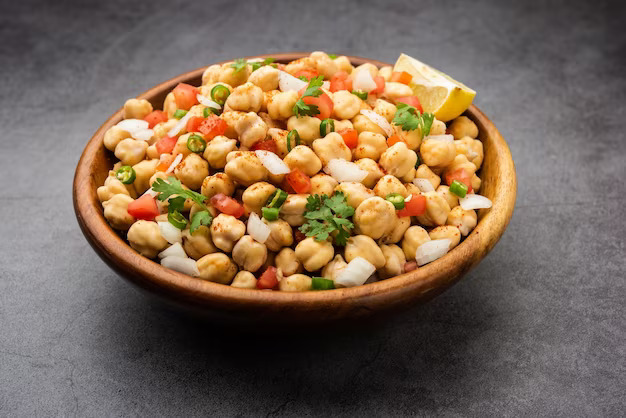
Generally referred to as garbanzo beans, chickpeas are a pack of healthy nutrients and are considered top vegetarian sources of protein. You can eat chickpeas with salad, snacks, or delicious Indian curry.
Serving – 100 g
Protein – 19 g
Green Peas
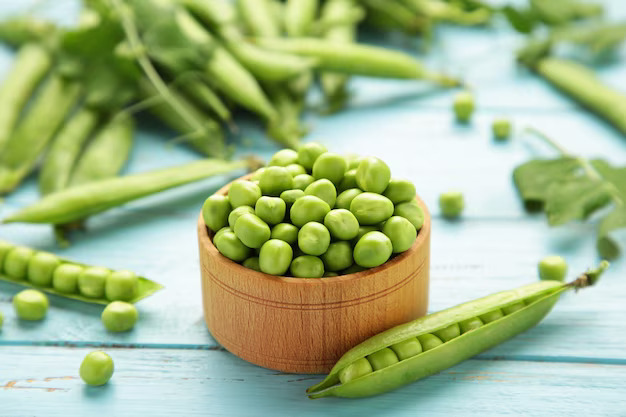
A cup full of green peas contains more protein than a cup of dairy milk and is low in calories. Green peas are a great source of protein for vegetarians and a great addition to salads & curry. It is rich in fiber, thiamine, magnesium, folate, and vitamins A, C & K.
Serving – 100 g
Protein – 5 g
Tofu

Tofu is one of the best meat substitutes for vegetarians to include in your daily diet. It has essential nutrients like iron, calcium, and amino acids. Tofu is a healthy, hearty option due to its cholesterol-free, calories, and bone-boosting manganese properties. You can use tofu for your vegetarian diet to lose weight.
Serving – 100 g
Protein – 8 g
Sprouts

Sprouts are considered an excellent vegetarian protein source packed with many essential nutrients & enzymes. They have essential amino acids that help with muscle growth, healing, and overall body functionality. Sprouts are easy to digest when boiled and satisfy daily protein requirements.
Serving – 100 g
Protein – 25-33 g (depending on type of sprouts)
Broccoli

In addition to a green vegetable, broccoli contains abundant plant-based protein, making it an excellent option for vegetarians & vegans. It is low in calories and nutrients, such as fiber, vitamins, & minerals. Broccoli can be included in the high protein meal plan for weight loss for females. So, add some broccoli to the salad and enjoy a healthy diet plan for vegetarians.
Serving – 100 g
Protein – 2.8 g
Spinach

Not only this green leafy vegetable is good in iron & calcium, but it also offers a significant amount of protein. It is rich in fibers that encourage the feeling of fullness and low in calories, which helps digestion, and is a vegetarian weight loss source. It tastes great in salads, smoothies, or a side dish.
Serving – 100 g
Protein – 2.9 g
Mushroom

Although mushrooms are underrated, you can include this vegetarian protein source in your diet plan. It is a healthy alternative for controlling weight as they are low in calories & fat. Moreover, mushrooms have antioxidants, minerals & vitamins that promote good health.
According to research, eating just 18 g of mushrooms daily helps reduce the 45% chance of cancer in adults.
Serving – 100 g
Protein – 3.1 g
Lentils

Lentils are a natural source of plant protein and a great alternative to meat, fish, or eggs. You can eat boiled lentils that ease digestion and significantly increase the protein. Thus, eating lentils in your vegetarian protein meals is a satisfactory way to stay healthy & acquire the required protein for the human body.
Serving – 100 g
Protein – 9 g
Hempseed
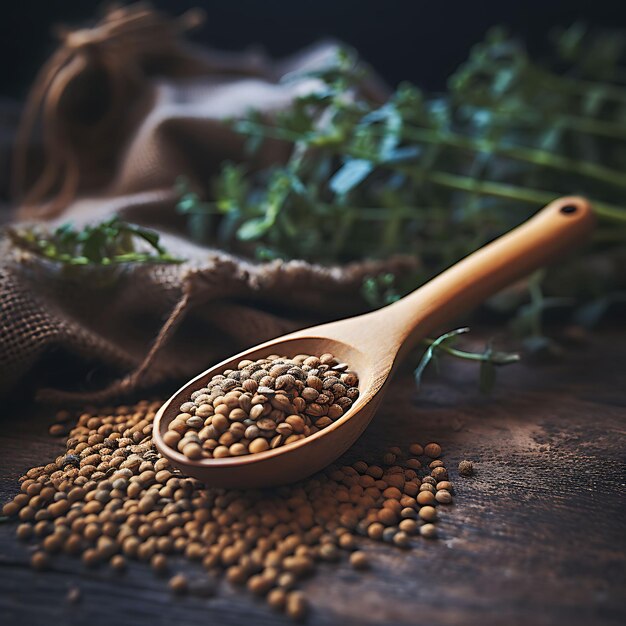
In addition to being a great source of protein, hempseed is rich in magnesium, zinc, iron, and calcium. The best thing about hempseed is that it contains many of the nine essential amino acids and omega-3 fatty acids.
Serving – 100 g
Protein – 50 g
Wrapping Up – Best Vegetarian Protein Sources
Many options are available if you want to follow a healthy vegetarian protein sources diet. Shifting to non-meat protein substitutes can offer many health benefits, including preventing heart issues and cancer and maintaining a healthy weight. By incorporating these plant-based protein diet plans, you can live a healthy & stress-free lifestyle.
You can check out natural supplements from Junglesale, especially for vegans & vegetarians, and use them in your daily diet to complete your nutrient deficiency. However, it's best to consult a professional before consuming any supplements.
Frequently Asked Questions
Are chickpeas high in protein?
Chickpeas are one of the best sources of plant-based protein for those who don't eat meat or any animal-based protein. A cup of 100g chickpeas provides approximately 19g of protein.
How can vegetarians meet their protein needs without eating meat?
Many thinks protein comes only from eating meat, fish, eggs, or other animal products. However, there are dozens of high-protein vegan meals available, such as beans, quinoa, lentils, paneer, soybeans, tofu, nuts, etc., that we have already discussed.
Are chia seeds a complete protein?
A tablespoon of chia seeds contains around 3 grams of protein, making it a complete protein sources for vegetarian. It also contains other healthy nutrients, such as omega-3, antioxidants, carbohydrates, fiber, and calcium.

Leave a Comment